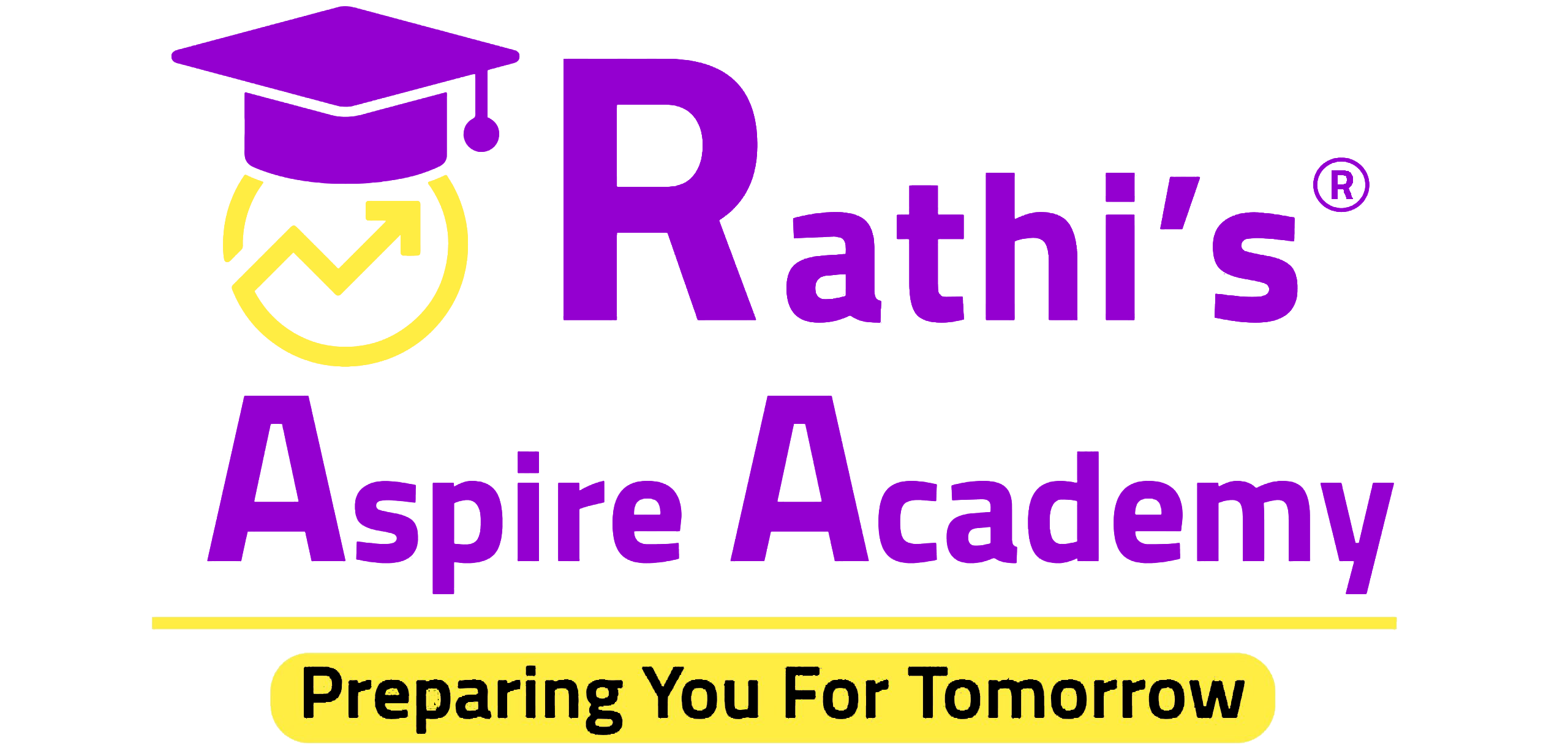CBSE vs ICSE vs SSC – The Key Differences Between the Various 10th Boards

The daunting responsibility of selecting an appropriate school board for one’s children falls on every parent. Every child’s future is profoundly impacted by a board. When it comes to Indian schooling, CBSE and ICSE are at the top of the heap. The SSC board, in contrast, enjoys overwhelming support among state-level candidates. What does your family think about the following options: CBSE vs ICSE vs SSC? While trying to choose the best school for their child, nearly all parents encounter this dilemma.
However, the course materials and methods used to teach students by each of these boards are unique. Certainly, it has the potential to influence their views of education and its practical applications for a long time. Actually, each board has its own special manner of evaluating a student’s progress toward lofty goals.
If you are trying to decide which board is best for your child, or if you are just curious about the similarities and differences between the three, this article will provide you with all the information you need.
Understanding Differences Between the Various 10th Boards
There are significant differences between these boards. But without having enough clarity about the foundation, it would be difficult to figure out the distinctions. Therefore, let’s have an elaboration on these boards thereby pointing out the difference between CBSE vs ICSE vs SSC.
CBSE — Central Board of Secondary Education
This board is known as the Central Board of Secondary Education (CBSE). It lays the groundwork for the curriculum up to the 12th grade. The NCERT, or National Council for Educational Research and Training, is in charge of establishing the course of study. The All India Secondary School Examination (for Class 10) and the All India Senior School Certificate Examination (for Class 12) are two national board exams that are administered by the board in India.
Many educational institutions follow the CBSE curriculum. Because CBSE schools are available in every major city, travelling around the country is a breeze. The course material is excellent in its coverage of broad topics and general knowledge. It gives students a taste of many courses without requiring them to go too deeply, which helps them decide what to study after the tenth grade.
Students who take the tests offered by this board have a better chance of passing national-level admission exams such as those held by the Indian Institutes of Technology (IIT), the CAT, the Indian Institutes of Management (IIM), and the Armed Forces tests (NDA, IAS, IFS, IPS, etc.). To ensure the child’s holistic development, schools place a heavy emphasis on extracurricular activities, the majority of which are mandatory. However it does have one major drawback, and that is its extensive course outline. Having stated that, let’s have a look at ICSE.
ICSE — Indian Certificate of Secondary Education
So now, our discussion on CBSE vs ICSE vs SSC brings us to a detailed overview of ICSE. The principles of the Education Policy of 1986 were the basis for the formation of the Indian Certificate of Secondary Education (ICSE). The objective of establishing the ICSE board was to facilitate the administration of examinations based on a general education curriculum with English as the medium of instruction and assessment.
The extensive and thorough ICSE curriculum places a premium on a thorough examination of every topic, with English receiving particular attention and needing good coaching. A well-structured and simplified curriculum is provided by the ICSE. The course aims to provide students with practical knowledge, analytical abilities, and problem-solving abilities. Academic scholarships are given out to deserving young pupils through ICSE’s talent searches. In an effort to educate the public and advance the disciplines of science, literature, and the arts, the council administers the ICSE.
One such test is the ICSE, which is administered in English. Therefore, English is the medium of instruction for all subjects (aside from Indian and foreign languages). Students who choose to continue their study abroad can count on the backing of the ICSE board, which is widely acknowledged.
The United Kingdom’s official admissions and accreditation agency, UCAS, recognizes the University of Scotland’s Higher School Certificate on par with the International Certificate of Secondary Education (ICSE). For a long time, ICSE has been recognized as one of the world’s top educational boards due to its rigorous curriculum, stringent regulations on test grading, and progressive standards for evaluation and advancement.
SSC — Secondary School Certificate
In the next step of our CBSE vs ICSE vs SSC, we’ll talk about SSC. In contrast to the more traditional boards like CBSE and ICSE, another well-known Indian education board, SSC, stands apart by providing a unique perspective on student learning. Throughout India, the state boards of education are associated with SSC. While federal boards like CBSE and ICSE follow a national curriculum and test structure, state boards like SSC follow a model unique to each state.
As a reflection of the cultural diversity among the states, the SSC curriculum places a greater emphasis on regional subjects and native languages. Students in SSC get a solid grounding in regional languages and courses, meeting the needs and preferences of each state, but it doesn’t provide the same amount of national exposure as CBSE or the comprehensive English-based education of ICSE.
For students intending to continue their studies inside the state, SSC’s experience with the local educational system and regional requirements is an asset. To further accommodate pupils from a variety of language backgrounds, SSC exams are frequently administered in regional languages.
Nevertheless, curricula, test methods, and evaluation criteria can vary across states due to the absence of uniformity in SSC. For kids who move to other states while they’re in school, this can be a problem at times.
Regardless of these variations, SSC is still a favourite among many students, particularly those who want a curriculum that is specific to their state’s language and culture and who plan to continue their education within the same area.
CBSE vs ICSE vs SSC — Which Is Better And Why?
| CBSE | ICSE | SSC |
| The CBSE board is adaptable and focused on children. Learning is meant to be enjoyable for kids, and that is the whole point of the curriculum. To keep kids engaged, each chapter includes projects and activities. | Exams like the IELTS and the TOEFL may benefit from the increased focus on the English language that this program implements. Literary and linguistic instruction that fosters growth in character and competence is also a priority. | The majority of institutions that use the SSC curriculum place a heavy emphasis on making sure students study well for their board exams, which makes it exam-centric. |
| CBSE is well-known for its extensive science and mathematics curricula. The CBSE takes a somewhat more theoretical approach, which is a key distinction between it and the ICSE. | In order to guarantee that students learn via application, ICSE places an emphasis on practical knowledge of each subject. ICSE promotes practicals through many means such as experiments, field visits, and other hands-on activities. | Focusing on state-level, local themes for theoretical studies, the state board’s syllabus ensures relevance and contextual learning by aligning with the specific objectives of each state. |
| The language used for teaching is English. | The medium of instruction is English with special importance. | Regional languages are used as the medium of instruction. |
| CBSE is well-known for its usefulness in preparing students for competitive exams like JEE and NEET. In class 11, if pupils want to take one of these exams, they commonly switch from ICSE to CBSE. | However, ICSE lays a solid foundation for students who wish to pursue competitive tests outside of India, such as the TOEFL, SAT, etc. | There is a lack of relevance between the SSC curriculum and competitive exam topics. If students from a state board want to take a national test, they usually transfer to a national board like CBSE or ICSE for their higher education. |
| Since the CBSE and state boards adhere to NCERT’s guidelines, the latter has both local and national sway. | On the other hand, the ICSE board uses a curriculum that is implemented globally. | The state governments of the states in which SSCs operate establish the curricula that the SSCs follow. |
How Does RAA Play An Important Role Here?
Rathi’s Aspire Academy, commonly called RAA, is one of the best coaching classes in Pimple Saudagar that provides foundational coaching to students from 8th to 10th standard. Although RAA is most known for its outstanding JEE tutoring, it also offers comprehensive services to meet the needs of students from the CBSE, ICSE, and SSC boards. By providing personalised advice, RAA guarantees that students receive thorough help, allowing them to successfully traverse the intricacies of their specific boards.
Our branches in Pimple Saudagar and Wakad are equipped with experienced faculties, and amazing infrastructure. The all-encompassing nature of RAA’s curriculum gives pupils the tools they need to succeed in school and the board exams. The knowledgeable coaches and mentors at RAA give students the tools they need to thrive, while also fostering self-assurance and a hunger for knowledge. Essentially, RAA is there to show students the way to academic achievement and assist them reach their maximum potential in their chosen academic board and beyond.
A Quick Sum-Up
In conclusion, CBSE, ICSE, and SSC as the 10th-grade board in India is a big deal because each board caters to different types of students’ needs. So finally, CBSE vs ICSE vs SSC — which is better?
Well, CBSE is unique in that it prepares students for competitive exams rigorously and exposes them to the national level, setting them up for success on a larger scale. Learners are prepared to thrive in today’s globally interdependent world by virtue of ICSE’s focus on English proficiency and worldwide recognition. In contrast, SSC places an emphasis on regional languages and disciplines, which helps to cater to the cultural variety and specific educational needs of each state.
Regardless of these distinctions, the fundamental purpose of all boards is to encourage critical thinking and holistic growth. Consequently, it is critical to make a well-informed choice that takes into account one’s learning preferences, academic objectives, and career goals.







